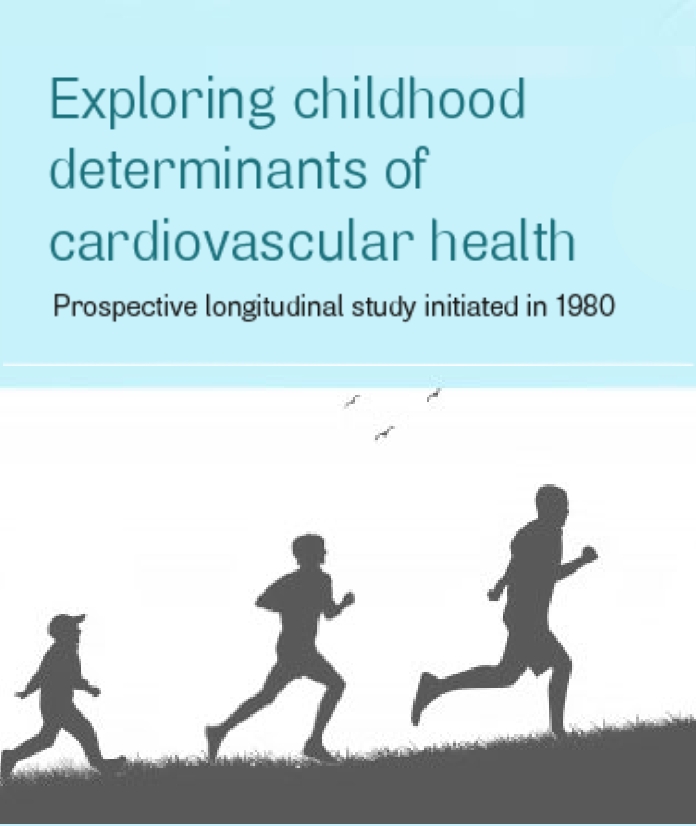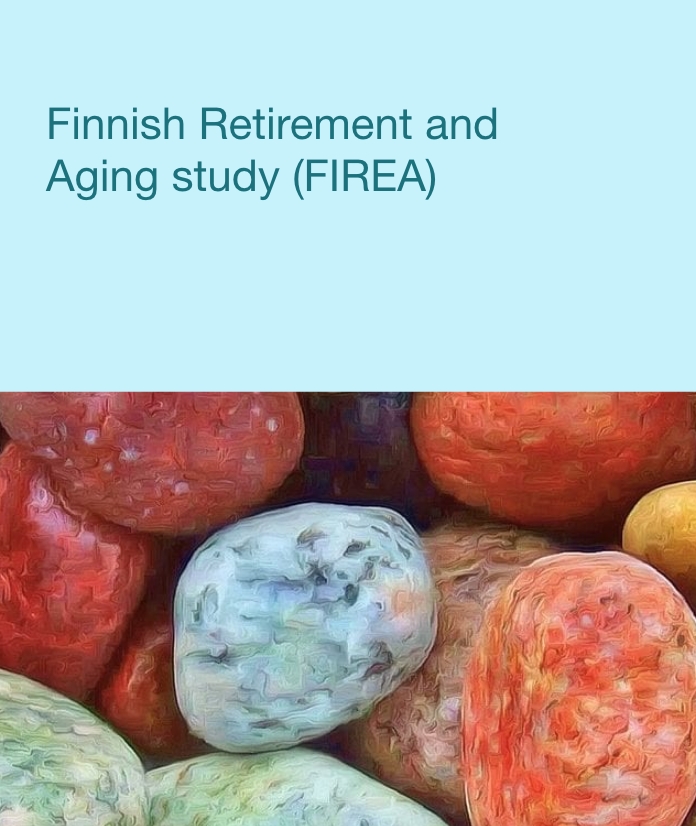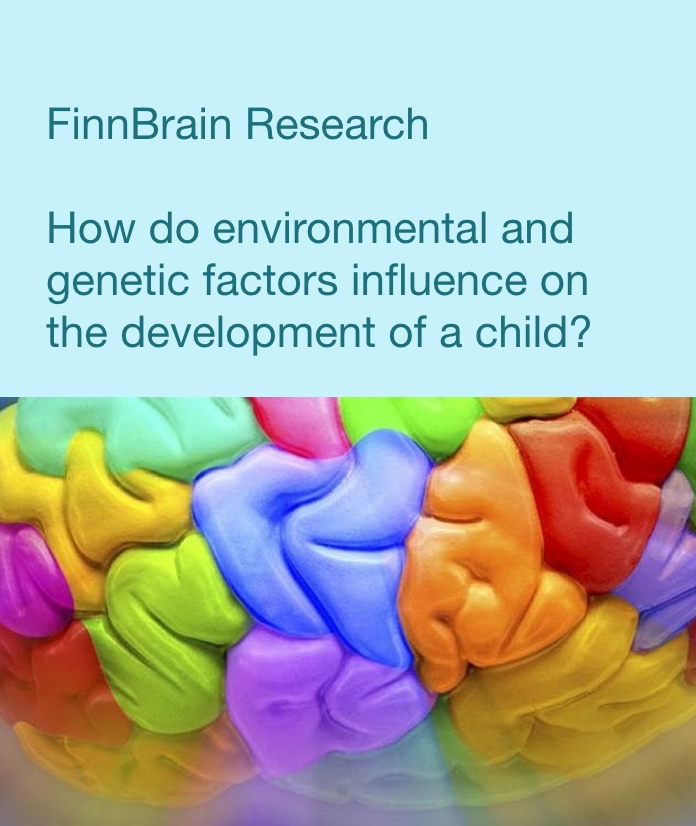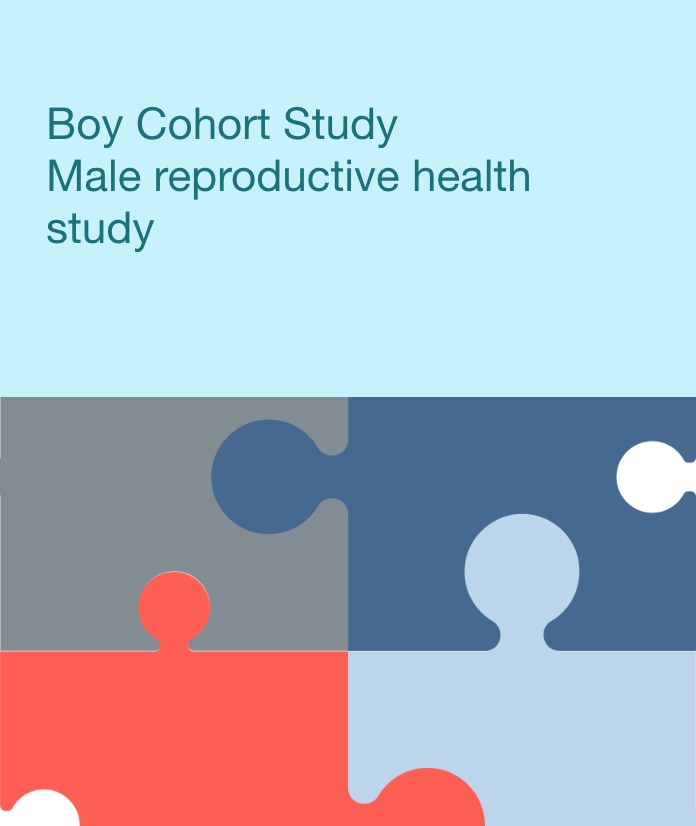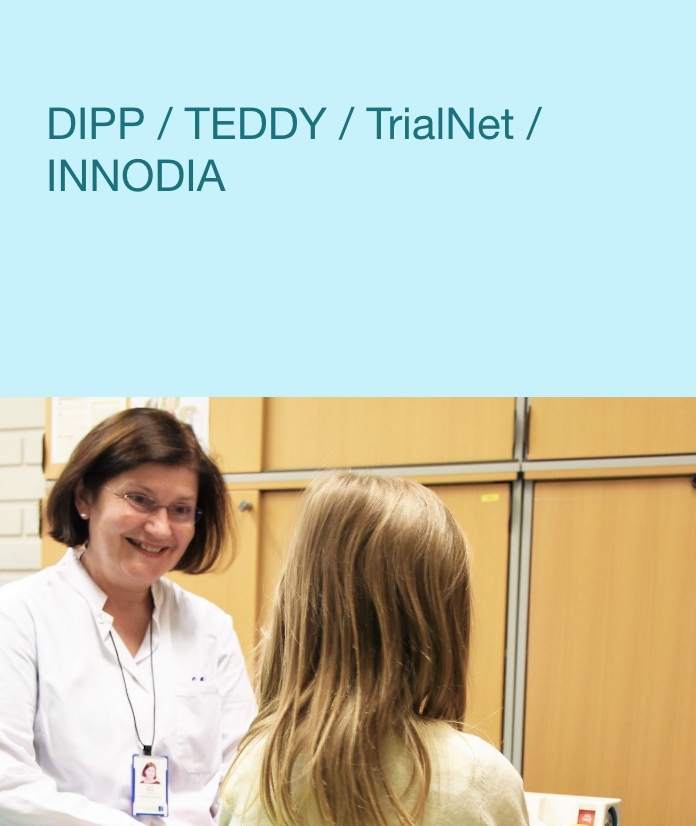
Research
Cardiovascular Risk in Young Finns Study
YFS
The Cardiovascular Risk in Young Finns Study (YFS) is a population-based cohort into cardiovascular risk with repeated data assessments beginning from childhood. The main aim is to determine the contribution made by childhood lifestyle, biological, and psychological measures to the risk of cardiovascular diseases in adulthood. The baseline examinations were completed in 1980 (N=3596) and recently the cohort was extended into a 3-generational study as a part of the ERC funded MULTIEPIGEN project.
Special Turku Coronary Risk Factor Intervention Project
STRIP
The Special Turku Coronary Risk Factor Intervention Project (STRIP) is a dietary and lifestyle intervention trial aiming to promote cardiovascular health since infancy (n=1062). From the beginning of the study in 1989, the participants have been repeatedly examined between ages 7 months and 26 years. The data collections have been extended also to parents and grandparents. Data includes repeated assessment of e.g. diet, lifestyle, growth, cardiometabolic biomarkers, arterial imaging, and genetics.
Finnish Retirement and Aging study
FIREA
Finnish Retirement and Aging study (FIREA) is established in 2013 and aims to examine changes in health behaviours and clinical cardiovascular risk markers during retirement transition by following older workers from work to full-time retirement. The special focus of the FIREA study is on activity behaviour. Modern measurement tools are used to quantify changes physical activity, sedentary time and sleep. In addition, the aim is to examine long-term consequences of work and retirement on health and functioning with advancing age.
FinnBrain Birth Cohort Study
FinnBrain
FinnBrain Birth Cohort Study was launched at the University of Turku in 2010, and its purpose is to investigate the influences of environmental and genetic factors on child development and later health outcomes. The project focuses on the role of stress during pregnancy and early life in the programming of later health and disease. Long-term outcomes of special interest are stress-related psychiatric disorders, such as depression, anxiety and cognitive performance or decline and other relevant public health conditions, such as recurrent infections, obesity, atopic diseases and asthma. Multimodal brain imaging in combination with neuropsychological performance and speech and language development is one of the unique features of the project. The FinnBrain project is also focusing on resilience and the investigation of protecting factors. The follow-up of the children will continue for several decades. The research approach is inherently multidisciplinary and the project has extensive local, national and international collaboration in various domains. The participants are families (n=3808 at baseline) from the city of Turku, municipalities in Turku area, and Åland Islands.
Boy Cohort Study
Male reproductive health study
The male reproductive health -study is based on the Boy cohort study. The Boy cohort study includes boys born in 1997 – 2002 in Turku University Hospital and their families. Reproductive health of the Boy cohort boys has been studied in early infancy, during puberty and in young adulthood (around the age of 20 years). The study aims at elucidating developmental, genetic and environmental determinants of male reproductive health. The study is performed in collaboration with a Danish research group. In addition, we study currently reproductive health in the whole population by inviting 21 – 22-year-old young men living in Turku or in the neighboring cities to participate in the male reproductive health study (Study on Reproductive Health of Young Men).
Finnish Type 1 Diabetes Prediction and Prevention Study
DIPP and TEDDY
Finnish Type 1 Diabetes Prediction and Prevention Study (DIPP) is an on-going birth cohort study that is recruiting newborns to genetic screening of type 1 diabetes (T1D) risk and to follow-up of those with an increased risk. The Environmental Determinants of Diabetes in the Young Study (TEDDY) is a similar international study that recruited children at 2004-2010. Pancreatic islet autoantibodies are biomarkers for future T1D. They are measured in blood samples collected at regular intervals and glucose metabolism is monitored in those who have multiple autoantibodies. We study genetic and environmental factors underlying the disease process and develop methods to prevent T1D.
Southwest Finland Birth Cohort
SFBC and STEPS Study
The Southwest Finland Birth Cohort (SFBC) is a longitudinal birth cohort that consists of all 14,969 children born in 2008–2010 in the Hospital District of Southwest Finland and their mothers. Information about the SFBC is based on pregnancy follow-up data from maternity clinics, national medical birth register and on-going data collection from electronic patient records, child welfare clinics and other national registers. The SFBC examines well-being of children and their mothers from a number of dimensions: mental health, somatic health, service use, rehabilitation, and child protection.
The cohort includes the STEPS study subsample, which is a multidisciplinary longitudinal study of the physical, psychological and social development of children, starting from pregnancy and continuing until adolescence. Data from multiple sources are used to obtain a picture of the overall well-being of the child and the family. The STEPS study also involves linking administrative data with survey data in case in which survey respondent has given informed consent to the linkage.
